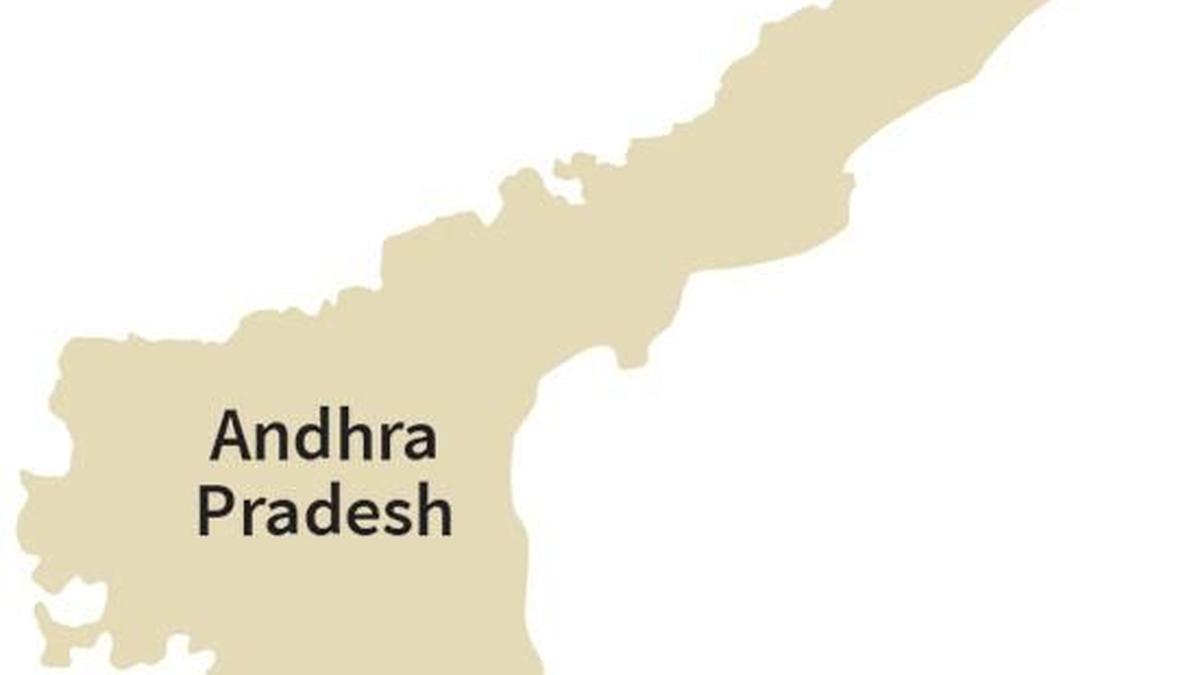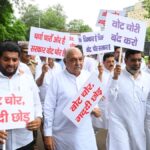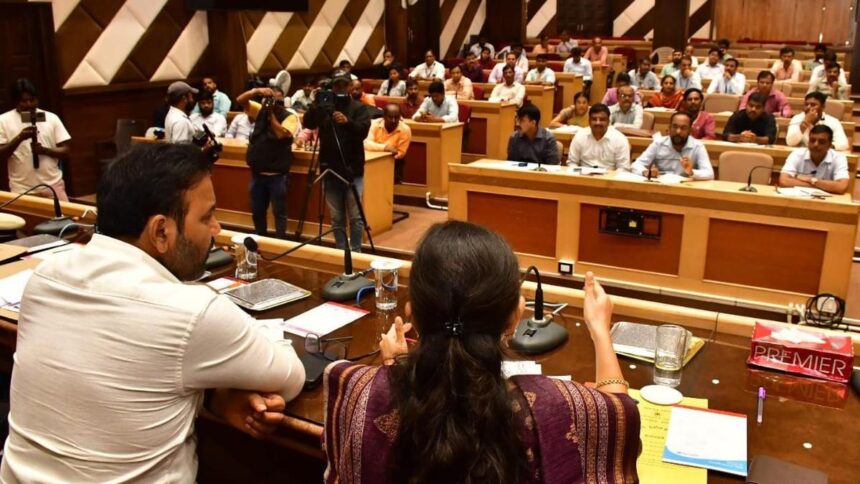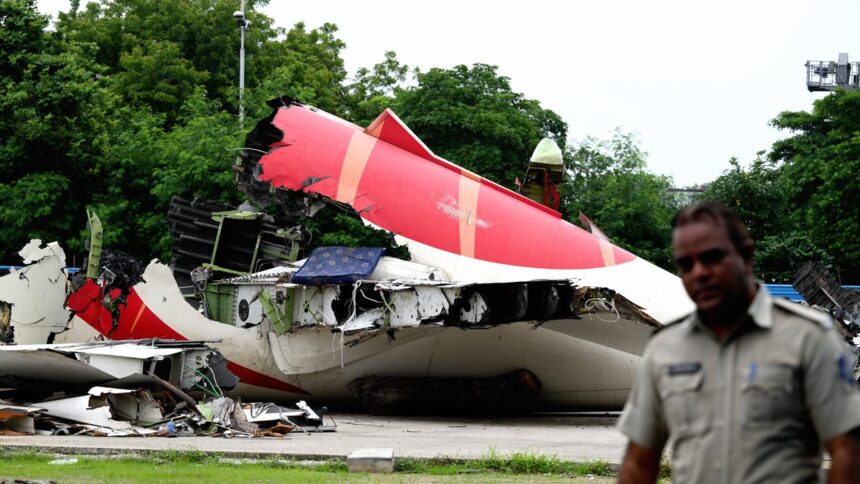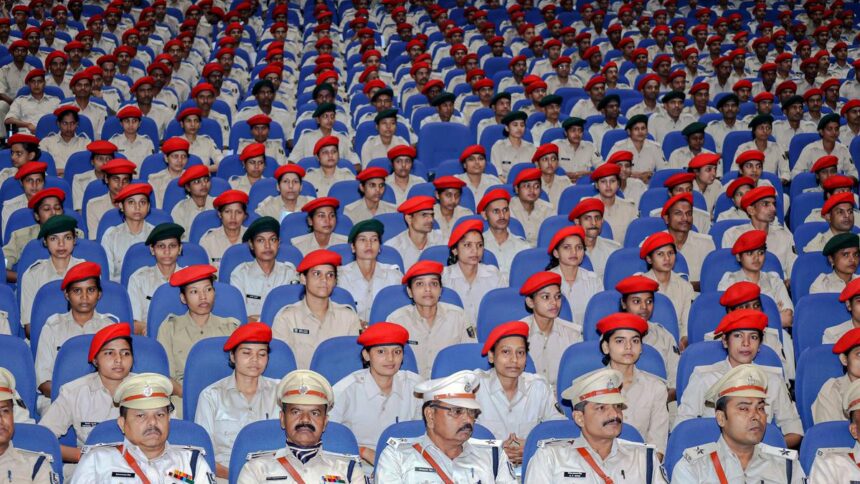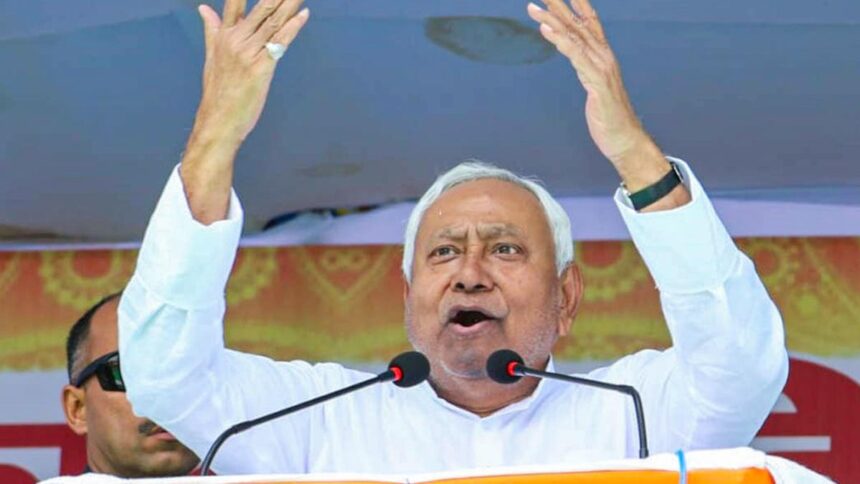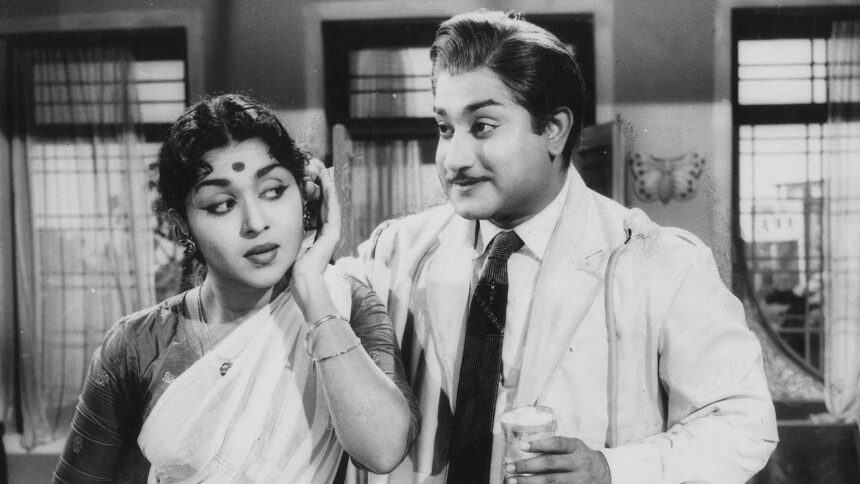Andhra Pradesh Chief Minister N. Chandrababu Naidu, who spearheaded reforms in the power sector 25 years ago, has been repeatedly invoking this legacy since his dramatic comeback in the 2024 Assembly elections. Mr. Naidu claims he has asked power utilities not to raise tariffs to avoid burdening consumers. However, the Left parties have disputed this claim, insisting that the tariffs have in fact risen steeply in recent times.
Amid this debate, some industrialists in the State have expressed concern that power is relatively expensive at up to ₹12 a unit. One industrialist said that the Chief Minister had assured them that power tariffs would not be increased and that he would instead try to bring them down by at least ₹0.50 per unit over each one of the next four years.
However, given the current circumstances, this appears doubtable; a promise made only to keep the entrepreneurs in good spirits. Reducing the tariffs may not be possible because even a slight fall in revenue will worsen the financial distress of distribution utilities, or DISCOMs. Already burdened with massive debt, DISCOMs are unable to recover the gap between the cost of supplying subsidised electricity to consumers and the limited reimbursements provided by the government. Utilities in many other States suffer the same plight.
As per its mandate, the Energy Department is focused on supplying quality and uninterrupted power and has largely succeeded in its mission. However, power supply involves intensive capital expenditure and comes at a cost, which leaves leave little room for tariff cuts.
Mr. Naidu has often accused the previous YSR Congress Party (YSRCP) government of hiking tariffs nine times. He has disowned responsibility for the slight increase in tariffs after the Telugu Desam Party-Jana Sena Party-Bharatiya Janata Party alliance assumed power. Instead, he has attributed the rise to filings made before the Andhra Pradesh Electricity Regulatory Commission during 2019-24.
The YSRCP government’s review of long-term solar power purchase agreements, despite stiff opposition from the TDP and warnings by the Ministry of Power, ended with adverse court verdicts. These forced the State to pay nearly ₹9,000 crore in penalties to independent power producers.
Further, the rise in electricity duty from ₹6 paisa to ₹1 per unit early this year has proved to be costly for industries. Industries unsuccessfully challenged this in courts. Energy-intensive industries are especially hit hard by the rise in electricity duty.
Critics of the power sector reforms blame Mr. Naidu for introducing true-up charges, which allow DISCOMs to recover additional costs retrospectively. Some argue that with political will, the government could marginally reduce tariffs by absorbing part of DISCOMs’ expenses, but complete reimbursement of revenue losses is unavoidable. Questions have also been raised about the State’s agreement to buy power from the Solar Energy Corporation of India, which some allege was signed under dubious circumstances.
It is widely perceived that since power generation and purchase costs will continue to go up incrementally every year, no government will have the luxury of saying no to the DISCOMs’ proposal to recover costs from the consumers. In other words, the government will be left with little choice but to approve tariff revisions.
The Andhra Pradesh Electricity Regulatory Commission also cannot afford to overlook the financial implications of a rate reduction for DISCOMs. It has to greenlight their demands for revenue at some point as power supply is not charity.
Irrespective of which category a consumer of electricity falls under, whether industrial, commercial, or domestic, she will be hurt by increasing tariffs. The pain will be particularly hard for industries to bear, as they have other costs and large electricity needs. Nevertheless, no one can live under the illusion that bills will become less expensive; they are only bound to increase commensurate with the rising costs.
The Chief Minister has said that he intends to revive the power sector by increasing efficiencies and not by increasing tariffs. If the Naidu government delivers on its election promise, it may be good politics and bring some short-term cheer, but it is definitely not good economics. There can be no profit for the DISCOMs without cost.
Published – August 26, 2025 01:13 am IST








